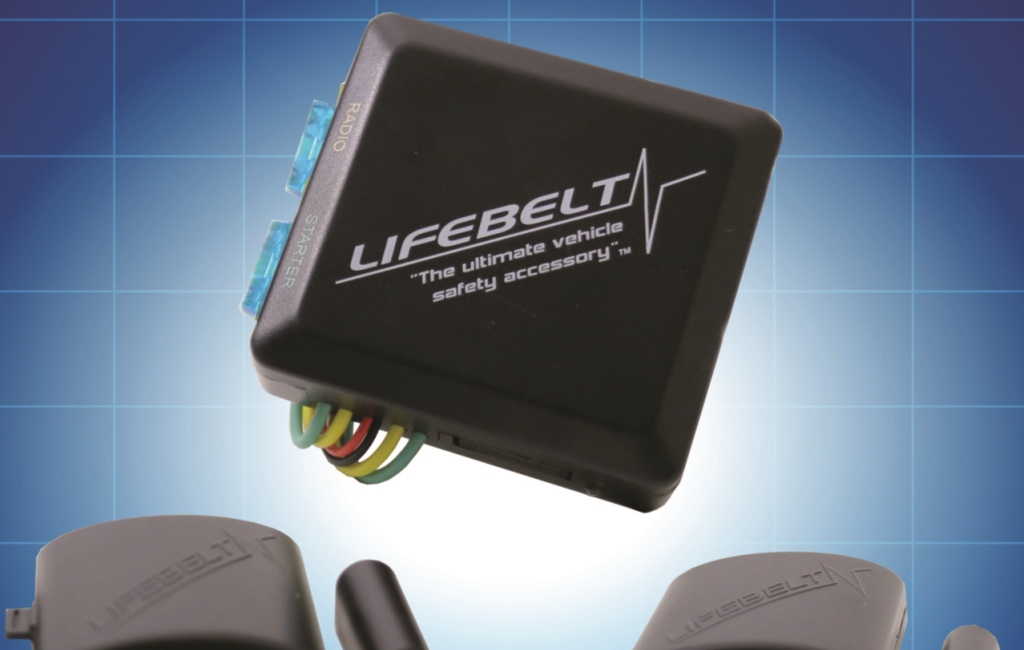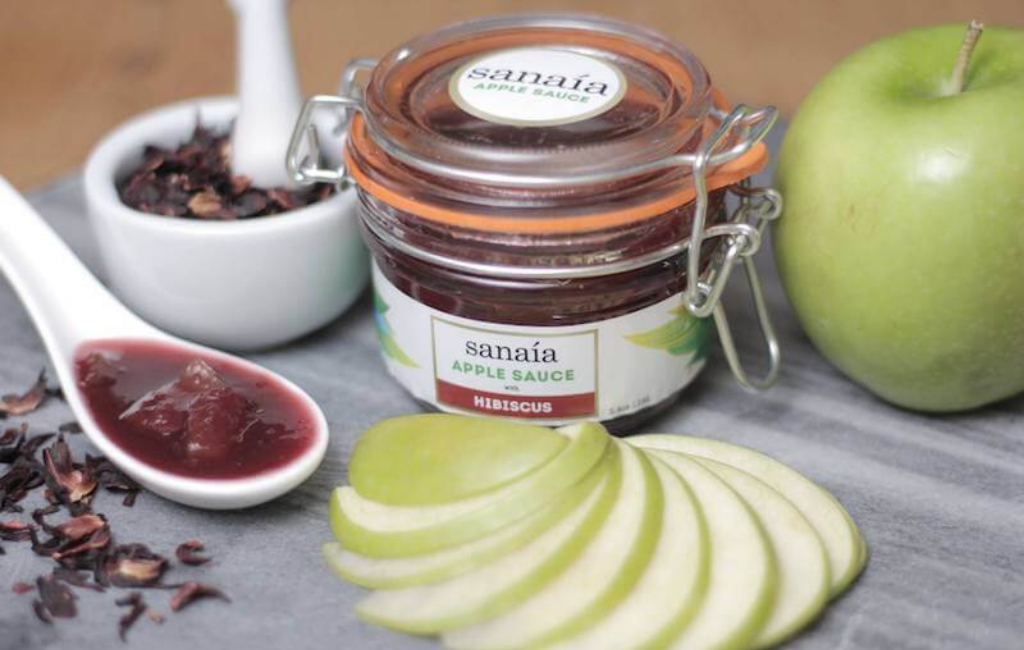Lug Bug Baby Carrier Handle
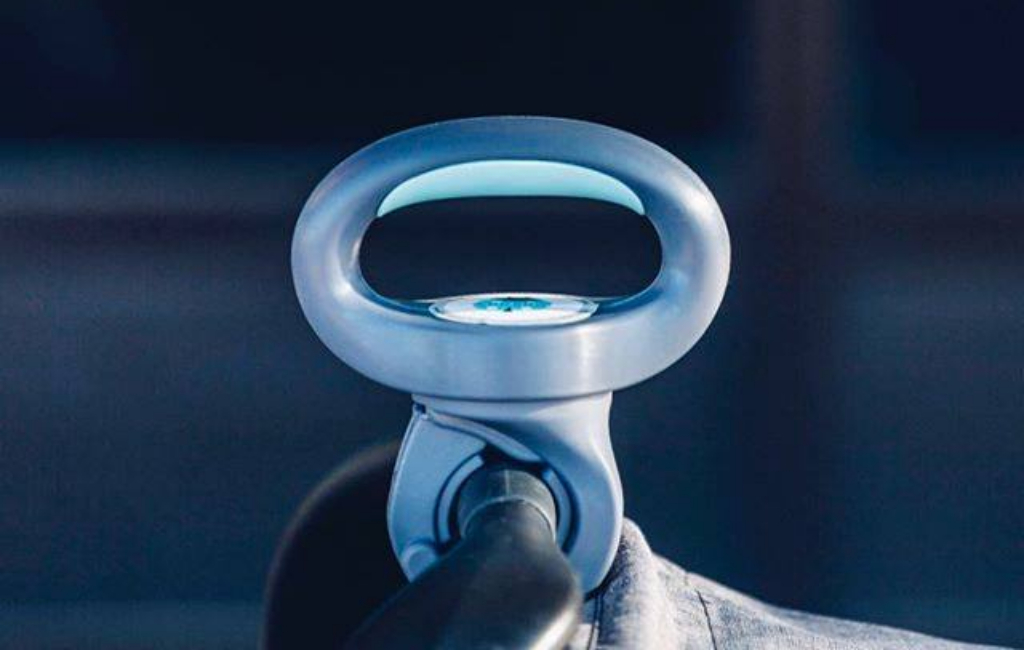
NO DEAL
EPISODE SUMMARY
🕓 Air Date: October 14, 2018
Asking For:
$300,000 for 10%
Investor:
No Deal
Deal:
No Deal
PRODUCT SUMMARY
LugBug is a convenient device designed to make carrying a child seat more ergonomic, reducing the strain on parents' shoulders and backs.
WATCH HERE
IN A RUSH?
Click these to jump to the section you want to read.
Background Story
Nathan Day, the brains behind LugBug, calls Gilbert, Arizona, home. His journey into entrepreneurship began with a personal struggle that many parents face – the awkward and uncomfortable task of lugging around a child seat. Frustrated by the strain on his shoulders and back, Nathan sought a solution to make this common parenting challenge more manageable. Drawing inspiration from his own experiences and fueled by a desire to address a widespread problem, Nathan embarked on the journey to create LugBug.
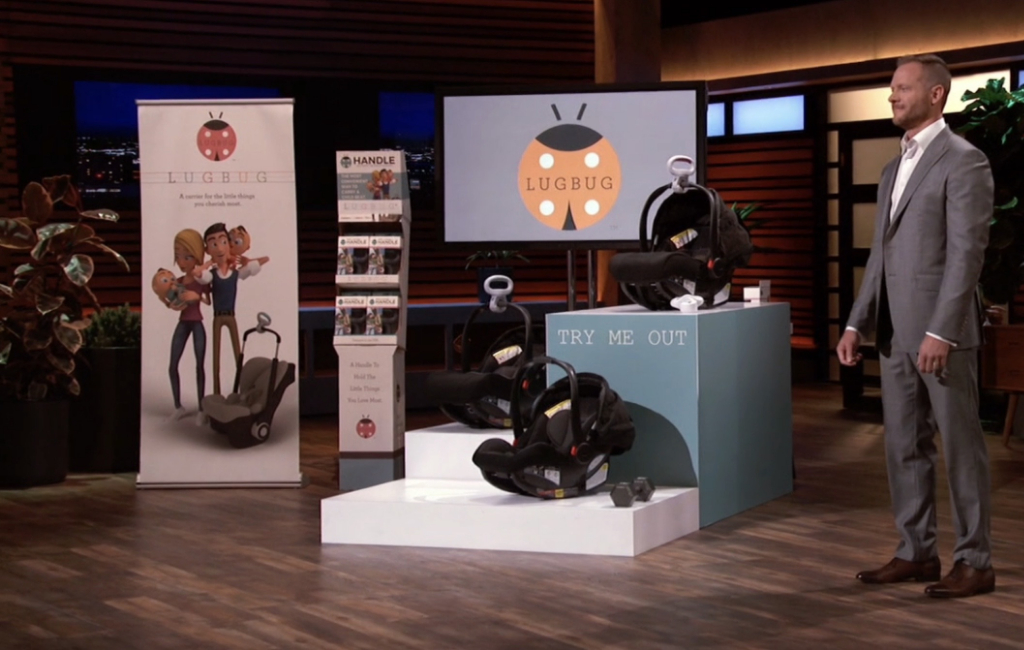
Armed with determination and a vision for a more ergonomic solution, he delved into extensive research and development. The result was a revolutionary handle attachment that aimed to transform the way child seats are carried, offering parents a more natural and comfortable grip. Nathan’s commitment to innovation didn’t stop with the product design. Recognizing the importance of protecting his creation, he secured an impressive four U.S. patents and has six pending worldwide, showcasing a dedication to safeguarding LugBug’s uniqueness in the market.

The LugBug story is one of a founder intimately acquainted with the challenges of parenting and driven to provide a tangible, effective solution. Nathan’s background, rooted in personal experience and a passion for innovation, led him to create a product that not only addressed a common pain point for parents but also demonstrated his commitment to improving the daily lives of caregivers everywhere.
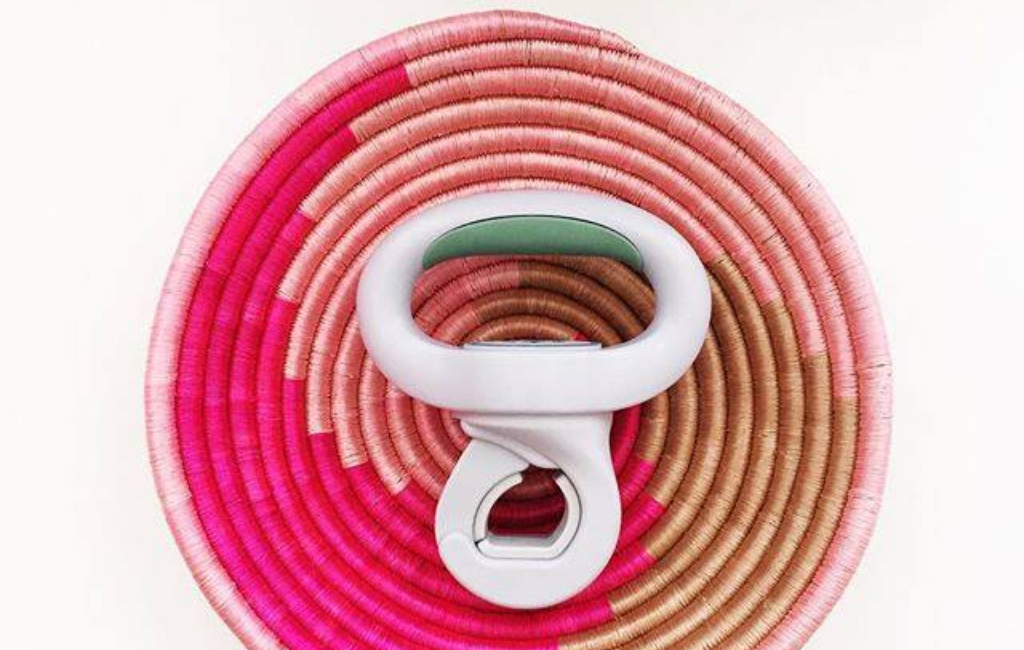
The Product
LugBug is a game-changing handle attachment designed to revolutionize the experience of carrying a child seat. The device easily clips onto the handle of a child seat, offering a more natural and ergonomic grip for parents. Its functionality is enhanced by a simple yet effective adjustment mechanism – users can press down, rotate, and let it click into place, allowing for customization based on individual preferences.
The benefits of LugBug extend beyond its ease of use. Parents often experience shoulder, back, and neck pain from traditional methods of carrying child seats, but LugBug addresses these concerns by allowing the weight to hang naturally at the side, reducing strain on the body. Weighing in at 12.6 ounces, it adds minimal extra weight, ensuring that the convenience it provides outweighs any potential drawbacks.
LugBug is available for purchase at the retail price of $39.99, offering an affordable solution to the discomfort associated with carrying child seats. The handle itself is manufactured overseas at a cost of $4.31, reflecting the product’s commitment to quality and durability. With a focus on practicality and user-friendly design, LugBug presents itself as a valuable addition to the parenting toolkit, promising a more comfortable and enjoyable experience for caregivers.
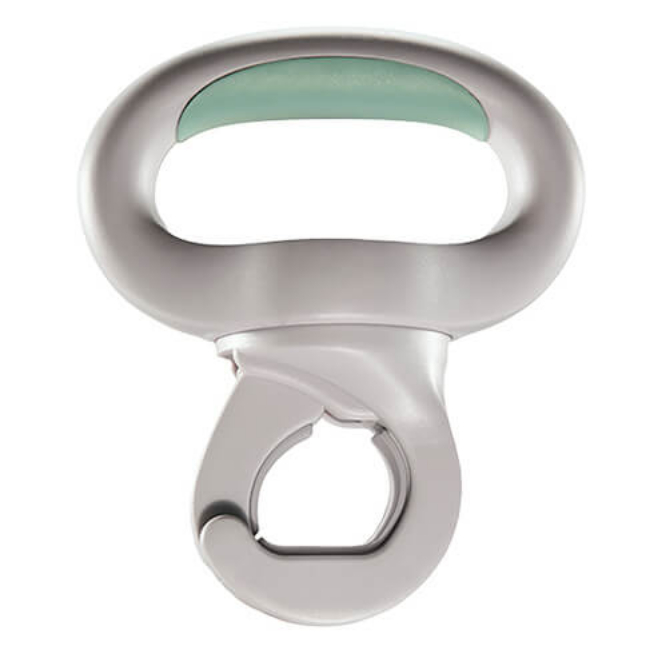
How It Went
The company’s position before Shark Tank
LugBug has exhibited a solid performance since its inception. With cumulative sales reaching $283,000, the company has established a notable presence in the market. The majority of these sales, amounting to $198,000, were generated in 2018, primarily through online channels, reflecting a growing interest in the product. However, the company faces a challenge in securing commitments from major retailers like Target or Walmart for in-store placements, though online trials with these giants are being considered.
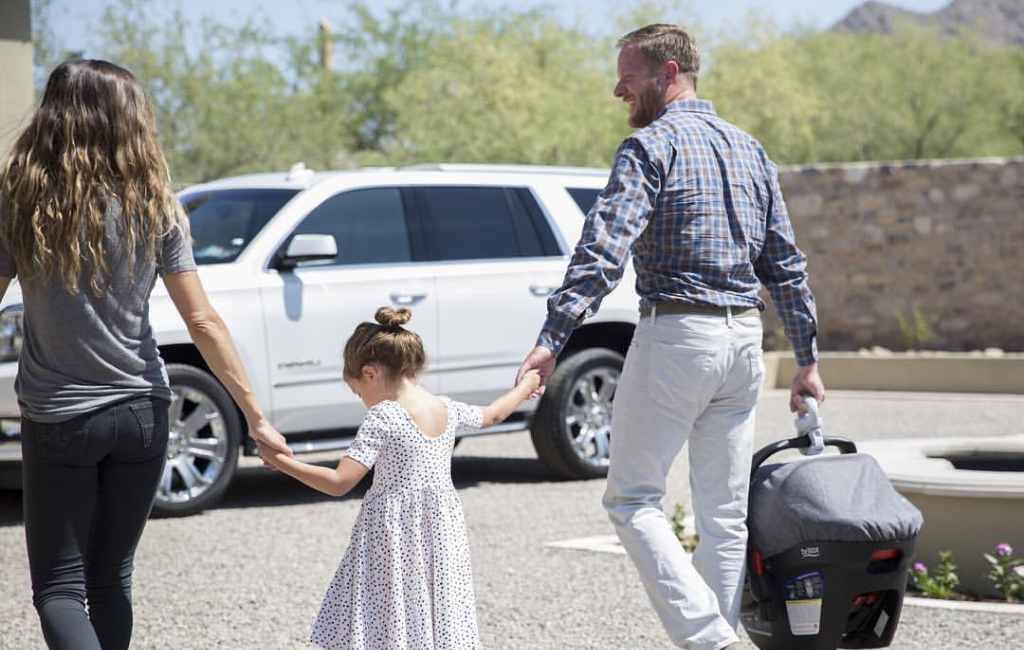
As for partnerships and wholesalers, LugBug has yet to secure notable agreements with major retail players. Target and Walmart have expressed interest in online trials but have not committed to in-store placements. This represents an area for potential growth and expansion, tapping into larger retail markets. The funding of LugBug has primarily been facilitated by the founder, Nathan Day, who invested a substantial $750,000 of personal capital into the venture. This personal investment covered various aspects, including manufacturing, tooling, and securing patents.
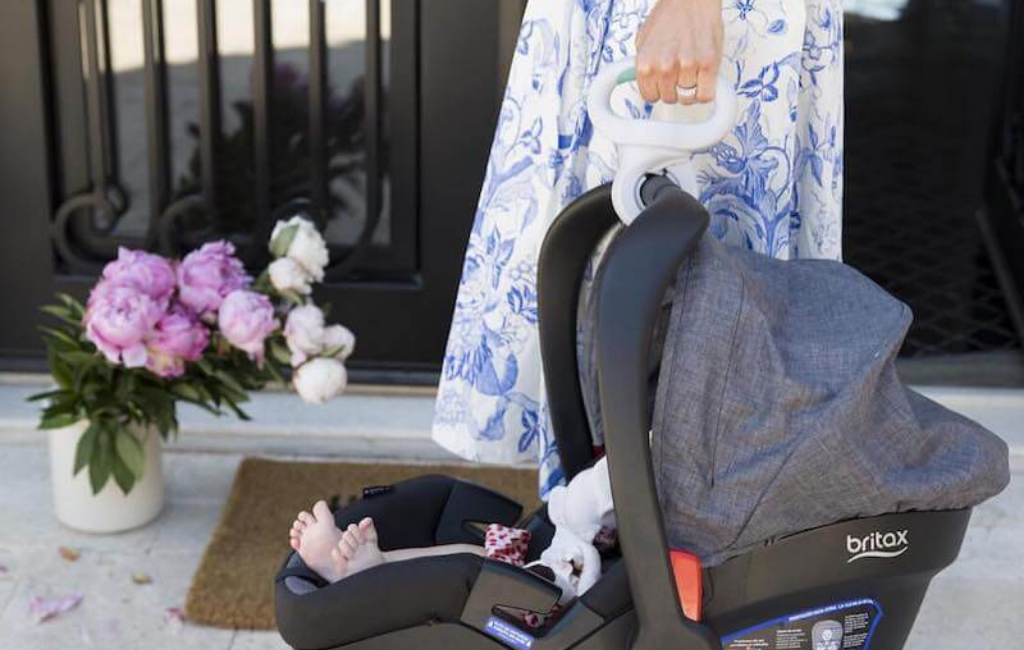
While this demonstrates Nathan’s commitment to LugBug, the Sharks expressed concerns about the substantial personal investment and the lack of significant sales growth. Despite the Sharks’ reservations, Nathan remains optimistic about LugBug’s potential, especially targeting parents of older infants. The rejection from the Sharks may be seen as a setback, but the company is positioned to explore licensing opportunities with existing baby seat carriers, as suggested by Lori Greiner. In terms of the company’s structure, LugBug operates with a focus on innovation and user-centric design. Nathan Day, as the founder, plays a central role in steering the company’s direction. The company’s structure may evolve as it explores licensing and potential partnerships to drive further growth.
The Negotiations:
The negotiation for LugBug took an unexpected turn as all the Sharks ultimately decided not to invest in the innovative child seat handle attachment. Mark Cuban raised concerns about the marketing strategy, stating that the challenge lay in demonstrating the product effectively to potential customers. Robert Herjavec expressed reservations about Nathan Day’s judgment, particularly the decision to spend a substantial $750,000 before achieving significant sales.
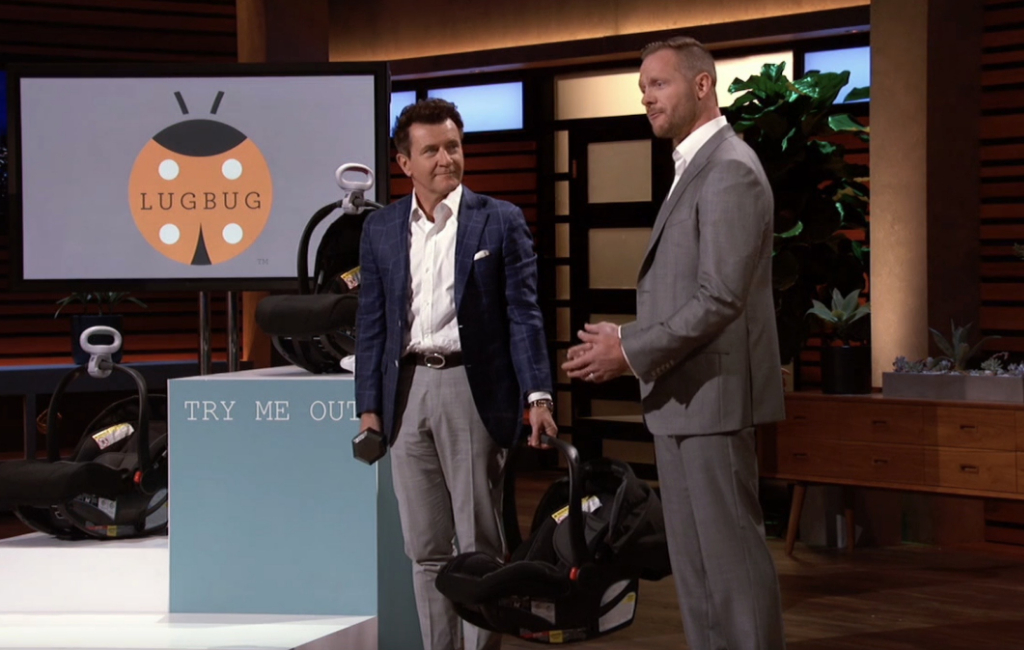
Lori Greiner, while acknowledging the product’s sales, couldn’t personally connect with the need for LugBug and decided not to invest. Kevin O’Leary and Daymond John also opted out, expressing intrigue about the patents but raising doubts about the company’s revenue. Despite the rejection, Nathan remained resilient and continued to express belief in the potential of LugBug. While Robert Herjavec declared he wouldn’t buy the product, he predicted a possible return in the future, specifically when his twins are six months old.
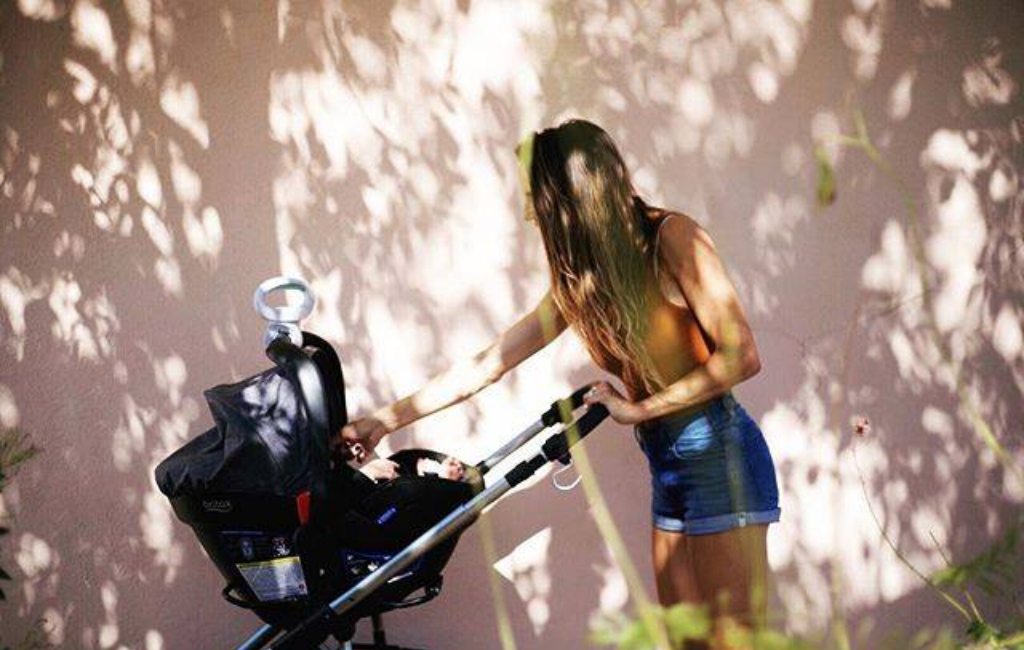
The Sharks collectively raised concerns about the hefty personal investment, lack of significant sales growth, and the absence of commitments from major retailers. In a surprising turn, all Sharks decided not to invest in LugBug, emphasizing the challenges they perceived in the business model and Nathan Day’s decision-making. The negotiation concluded with Lori Greiner advising Nathan to explore licensing opportunities with existing baby seat carriers, suggesting that the product might find success through partnerships rather than individual sales.






